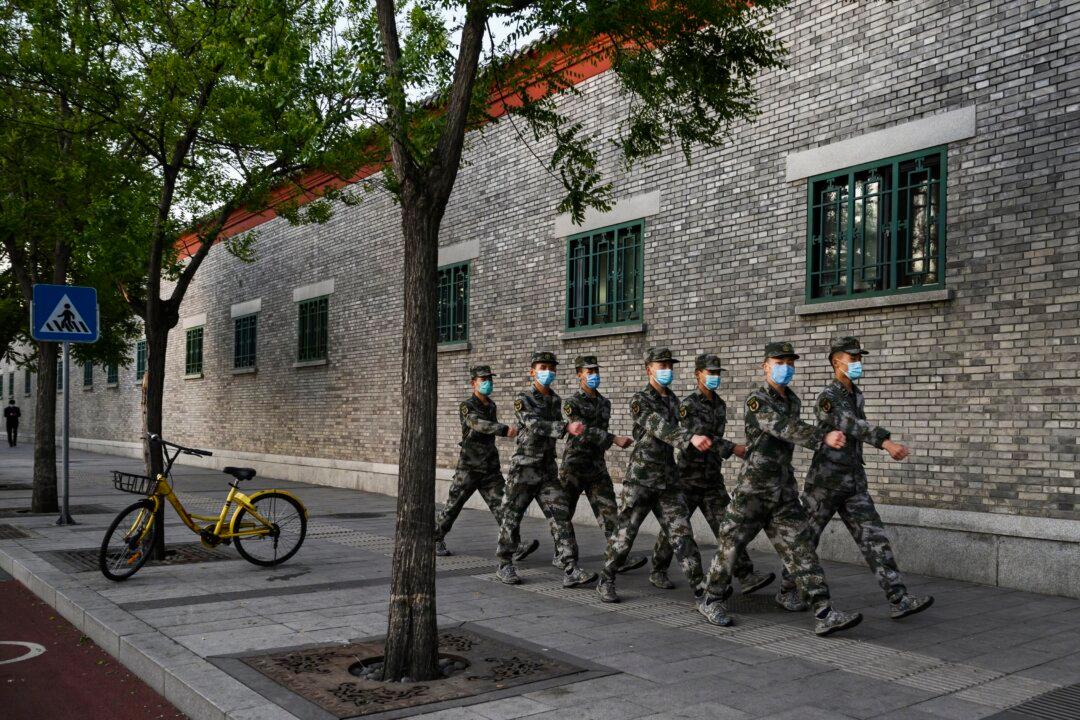The Beijing city government has enacted a new law requiring residents to wear protective masks if diagnosed with “infectious respiratory diseases” and also mandating that people cover their nose and mouth when coughing.
Though the city government did not specify that the law was enacted to contain the CCP virus, the new regulations come just days after the government publicly announced that Chaoyang district in Beijing would be designated as the country’s only region at “high risk” of a CCP virus outbreak.





